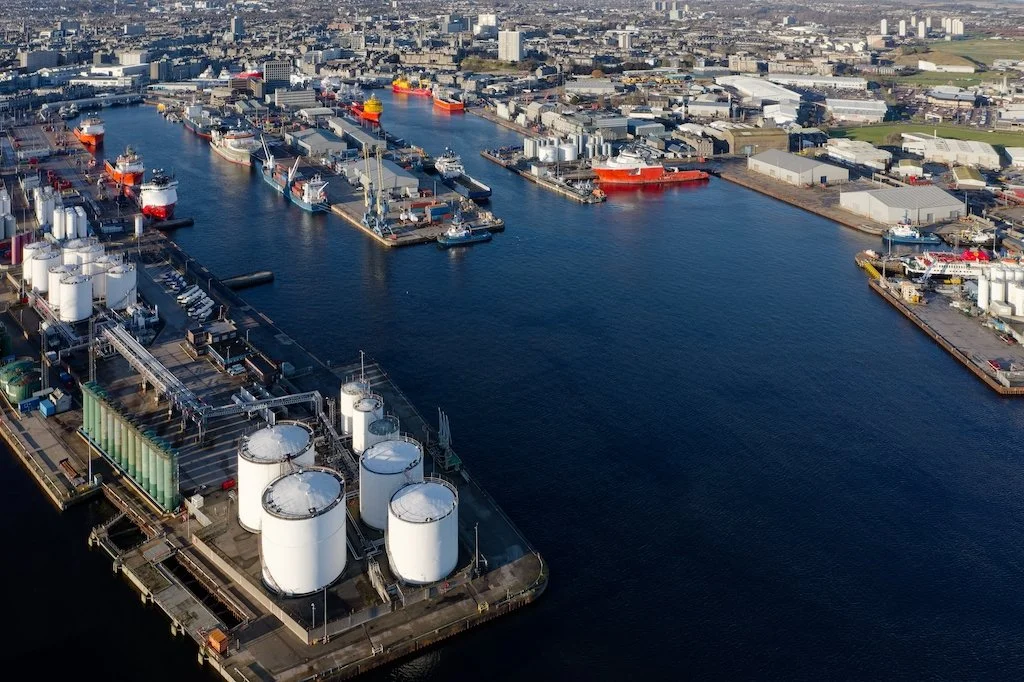Transport Committee calls for revisions to government Ports Planning Policy
The House of Commons Transport Committee has recommended changes to the Government’s draft revised National Policy Statement for Ports (NPSP), highlighting areas where the policy could provide stronger support for sustainable growth and infrastructure certainty.
image: Shutterstock - Aberdeen Harbour
The draft NPSP, published in June 2025, sets out a 30-year vision for expanding port capacity to support trade, offshore energy, and regional economic development. It includes a presumption in favour of nationally significant port development, guidance on decarbonisation, biodiversity net gain, and alignment with wider planning and environmental frameworks. The policy also encourages investment in low-carbon infrastructure, such as shore power and alternative fuels.
While the draft has been broadly welcomed by industry, the Transport Committee identified several issues requiring attention. MPs recommended that ports be granted “Critical National Priority” status to accelerate growth and ensure timely delivery of projects. The committee also called for clearer guidance on how port expansion can encourage modal shift, such as improved rail and inland waterway links, to reduce freight emissions.
The committee highlighted the need for stronger policy support for grid capacity and shore-power infrastructure, and suggested that demand forecasts should include energy-related infrastructure alongside freight. Greater clarity on environmental and planning criteria was also recommended to reduce the risk of legal challenges.
Ruth Cadbury, Chair of the Transport Committee, said “The ports sector was broadly supportive of the Government’s draft revision of the NPS, the first since 2012. There was particular appreciation for its continued presumption in favour of development, and its market-led approach to investment in this sector, which plays a vital role in trade, energy and economic growth. Our Committee shares the sector’s view that the Government should continue to drive towards a more streamlined, efficient planning process for port developments.
“It was very welcome to hear industry voices call for greater emphasis on how the NPS could be used to bolster modal shift, and to enable greater investment in grid capacity and infrastructure for shore power. The Committee was glad to see the sector showing leadership on reducing carbon emissions and, in effect, talking up the role ports could play in helping to decarbonise the UK’s wider system of freight distribution.
“The Committee also sides with those calling for ports to receive ‘Critical National Priority’ status. This would help the sector expand with the pace and certainty required as demand from imports and exports look forecast to rise, alongside increasing activity in building off-shore wind.”
Industry figures welcomed the committee’s findings. Cathy Hall, Masterplanner at Associated British Ports, said the review helps embed the presumption in favour of development and supports the resilience and expansion of the UK’s port network.

